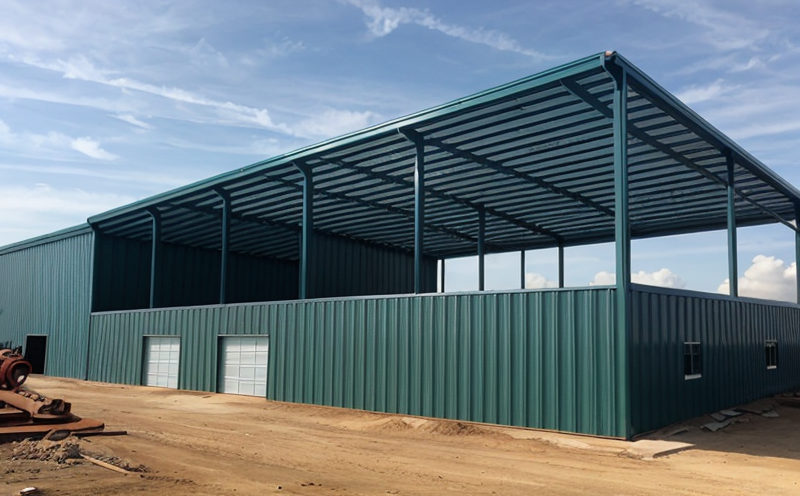EN 50366 Mechanical Durability Testing of Household IoT Appliances
The EN 50366 standard is a pivotal specification for the mechanical durability testing of household IoT appliances. This standard ensures that products are robust enough to withstand the stresses and strains they encounter in everyday use, thereby enhancing safety and reliability.
Incorporating this testing into product development cycles is essential for manufacturers aiming to meet regulatory requirements and establish a strong market presence. The standard covers various aspects of mechanical durability, including resistance to vibration, shock, and temperature cycling. These tests are designed to simulate the real-world conditions under which appliances will be used.
The process involves subjecting specimens to controlled environmental conditions that mimic actual usage patterns. Specimens are typically tested for a specified number of cycles or duration, depending on the type of appliance being evaluated. The testing apparatus is equipped with sensors capable of monitoring and recording critical parameters such as force, displacement, and temperature.
Once testing is complete, detailed reports are generated outlining all test results. These reports provide valuable insights into how well each product withstands mechanical stresses, helping manufacturers identify areas for improvement before mass production begins. This early intervention can significantly reduce post-launch defects, improve customer satisfaction, and lower warranty costs.
The importance of this testing cannot be overstated, particularly in the context of smart home devices where connectivity and functionality are paramount. Ensuring that these devices remain operational under adverse conditions not only enhances user experience but also contributes to broader sustainability goals by reducing product wastage due to premature failure.
- Ensures Compliance: Meets international standards, ensuring products can be sold globally without additional certification requirements.
- Risk Mitigation: Identifies potential issues early in the design phase, preventing costly recalls and reputational damage.
- Informed Decision-Making: Provides data-driven evidence that informs product development decisions, leading to more robust designs.
- User Safety: Ensures appliances are safe to use under all expected conditions, reducing accidents and injuries.
The rigorous nature of EN 50366 testing underscores its value in safeguarding consumers while fostering innovation within the industry. By adhering to these standards, manufacturers demonstrate their commitment to quality and reliability—a crucial factor in gaining consumer trust and loyalty.
Why It Matters
The mechanical durability of household IoT appliances plays a critical role in ensuring both safety and functionality. As smart home technology continues to evolve, so too must our methods for assessing the longevity and integrity of these devices. EN 50366 provides a robust framework for evaluating how well appliances can handle typical stresses encountered during use.
From simple tasks like washing clothes or cooking meals to more advanced functions such as monitoring health metrics or controlling home environments remotely, IoT appliances must perform reliably over extended periods. Any compromise in mechanical durability could lead to malfunctions that disrupt daily routines or even pose risks to users' well-being.
By implementing EN 50366 testing protocols early on, manufacturers can anticipate and address potential shortcomings before they become significant problems. This proactive approach not only protects end-users but also strengthens brand reputation by delivering products that are dependable and trustworthy.





